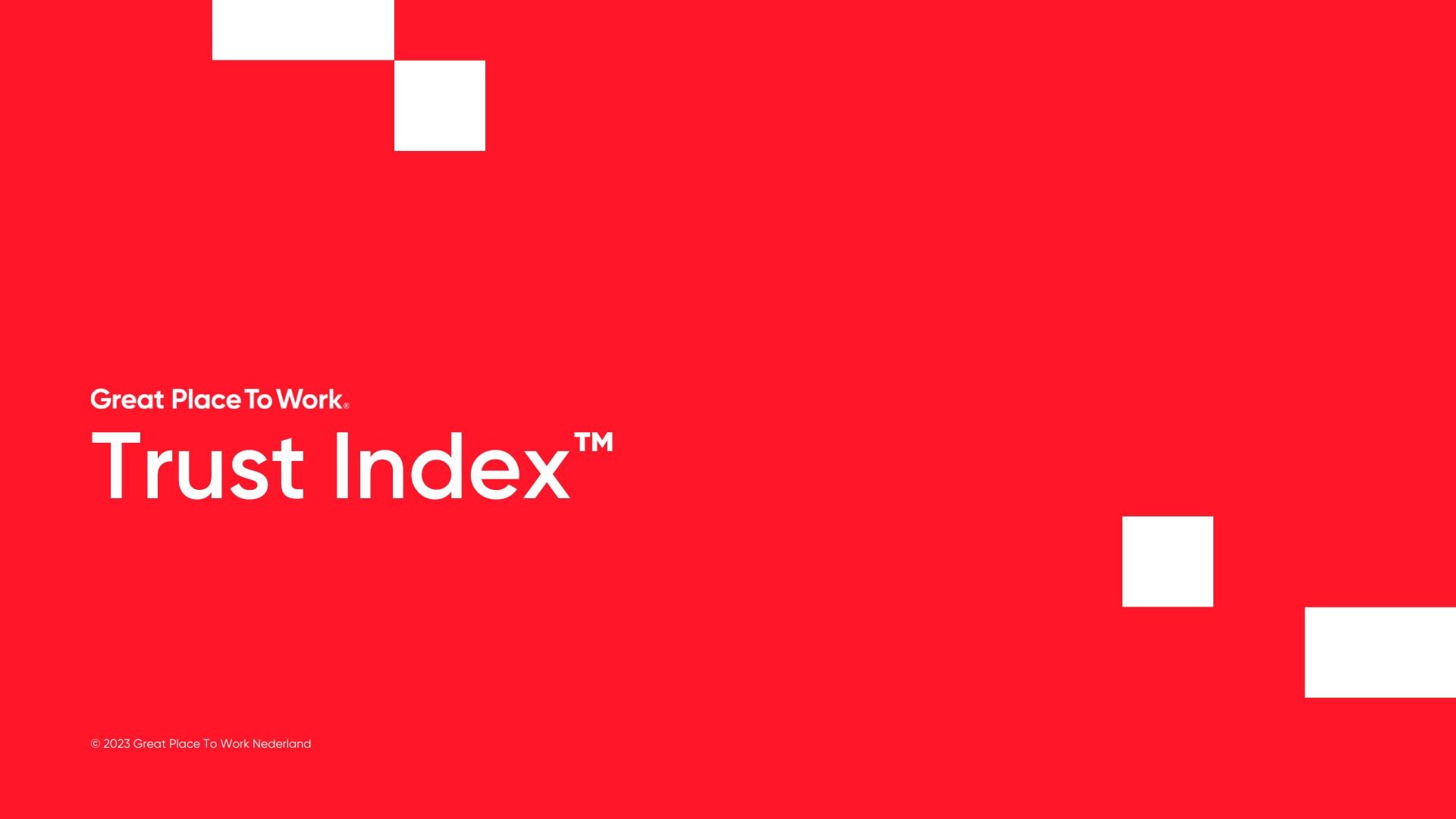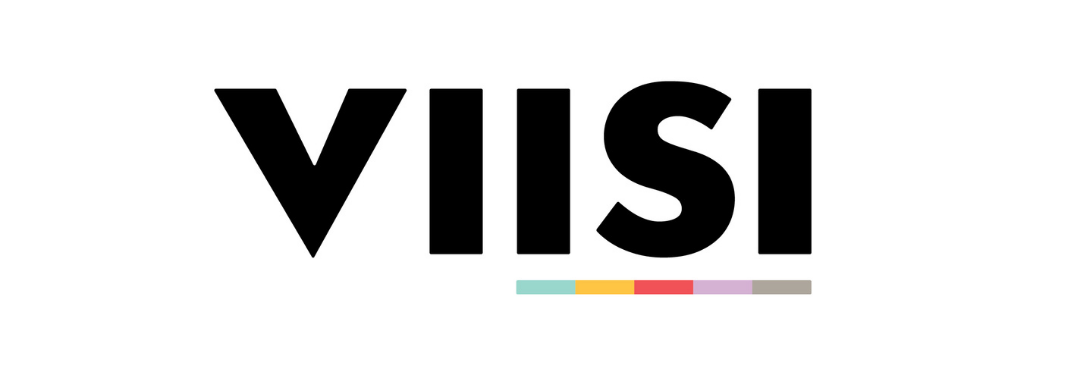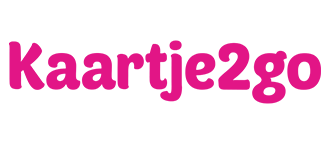Employee survey
Do you know what's really going on in the workplace? Do you no longer want to rely on your gut feelings, but want to work with reliable data?
The Trust Index™ is our employee survey that measures trust, pride and camaraderie in your organization. Book a meeting right away or download the free whitepaper about the Trust Index.

+30 years of experience
For +30 years, we have known that trust is the foundation of being a good employer and that the Trust Index is relevant anytime, anywhere.
+60 countries
With offices in +60 countries, as an international organization you can participate in multiple countries and be recognized as a good employer.
+300 organizations
Every year, +300 organizations in the Netherlands participate in the Trust Index. This gives you plenty of benchmark opportunities.
This is what makes our employee survey unique
Confidential
You can trust us to handle your employees' data with care.
Universally applicable
The Trust Index measures universal values. Therefore, it can be conducted in any organization, regardless of size or industry.
Certification
Show that you are a good employer. Our certification is 100% based on feedback from your employees.
Participate internationally
As an international organization, you can participate in 60 countries and be recognized as a good employer in all countries.
Benchmarks
Compare your results with those of similar organizations to put your results in perspective.
Add your own questions
Add your own questions to make the survey an even better fit for your organization.

How it works

Free whitepaper
Find out what the Trust Index can do for your organization and discover example statements.
Download the whitepaperJoin +10,000 organizations around the world












Insight into what's going on, fast and easy
After the survey, you can view and analyze the results in Emprising. In the video to the right, Tom explains how this online data platform works.
.jpg)
Frequently asked questions
An employee survey is a means of gaining insight into what is going on in the workplace. It tells you how your employees experience their work and the organization as a whole. Such a survey consists of questions or statements about various themes that play a role in the workplace, such as terms of employment, remuneration, communication, leadership, development opportunities, work pressure and work environment.
An employee survey answers questions such as:
-
What are we doing well?
-
What can we do better?
-
Are there things we are overlooking?
There are many different employee surveys on the market. Although the questions or statements are often different, there is usually overlap in the topics covered. Sometimes it is possible to decide for yourself which topics you will and will not have reflected in the survey so that it matches themes that are going on in your organization.
The Trust Index consists of 60 statements on 5 themes:
-
Credibility. This is about communication, expectation management, vision, integrity and exemplary behavior.
-
Respect. This is about (personal) development, appreciation, being involved in decisions, psychological safety and work-life balance.
-
Fairness. This is about fair pay, profit sharing and promotion, the absence of discrimination and the opportunity to speak out in cases of wrongdoing.
-
Pride. This is about meaningful work, team spirit, making a social contribution and customer focus.
-
Camaraderie. This is about being able to be yourself, celebrating special occasions, a fun workplace, onboarding and working with colleagues.
In addition to the 60 statements, the Trust Index consists of 2 open-ended questions, 5 demographic questions and 3 multiple-choice questions. This survey is based on universal values and therefore the same in every country and in every organization, regardless of size or industry.
It is also possible to add your own questions to the Trust Index. Own questions never replace other questions, but complement the Trust Index.
Employee survey and employee satisfaction survey are two terms used interchangeably, but they are indeed two different things.
An employee satisfaction survey measures employee satisfaction, while an employee survey gives a full picture of the culture in an organization and how employees experience it. If you ask us, the term "employee satisfaction survey" is outdated. Because to be successful as an organization, you need more than just satisfied employees.
Of course, there is nothing wrong with satisfied employees. But there is a big difference between a satisfied employee and an inspired employee who can and wants to use his or her full potential. Indeed, in the latter case, employees are more engaged, proactive and creative. This, in turn, contributes to innovation and growth in an organization.
No, an employee survey is not mandatory.
But according to the Dutch Arbowet, an employer must pursue a policy to prevent psychosocial workload or (if that is not possible) to limit it. According to the same law, psychosocial workload refers to factors that directly or indirectly cause work-related stress. Examples include sexual harassment, aggression and violence, bullying and work pressure.
Policy alone is not enough. According to the Arbowet, there must also be an action plan with measures to prevent work-related stress.
Undesirable behavior (such as bullying) often takes place under the surface, so as an organization you have no insight into it. An employee survey is a reliable tool for mapping this out. Based on the results of the survey, you can determine concrete points for improvement, which you can record in an action plan.
Many organizations hire an independent research firm to conduct an employee survey. The price tag of an employee survey depends on several factors, including the size of your organization and the party you partner with.
Keep in mind that an employee survey is not just a cost, but can actually lead to cost savings and better organizational results. So don't view an employee survey as a cost, but as an investment in the success of your organization.
Learn more about our packages and pricing here.
Let's get in touch!
Want to know how we can help your organization? Book a meeting with one of our experts.
-
A meeting takes 30-45 minutes
-
No strings attached
-
Make an appointment at a time that is convenient for you

/DSC02545%20kopie.jpg?width=800&name=DSC02545%20kopie.jpg)

.jpg?width=800&name=simon-zhu-4hluhoRJokI-unsplash%20(1).jpg)



